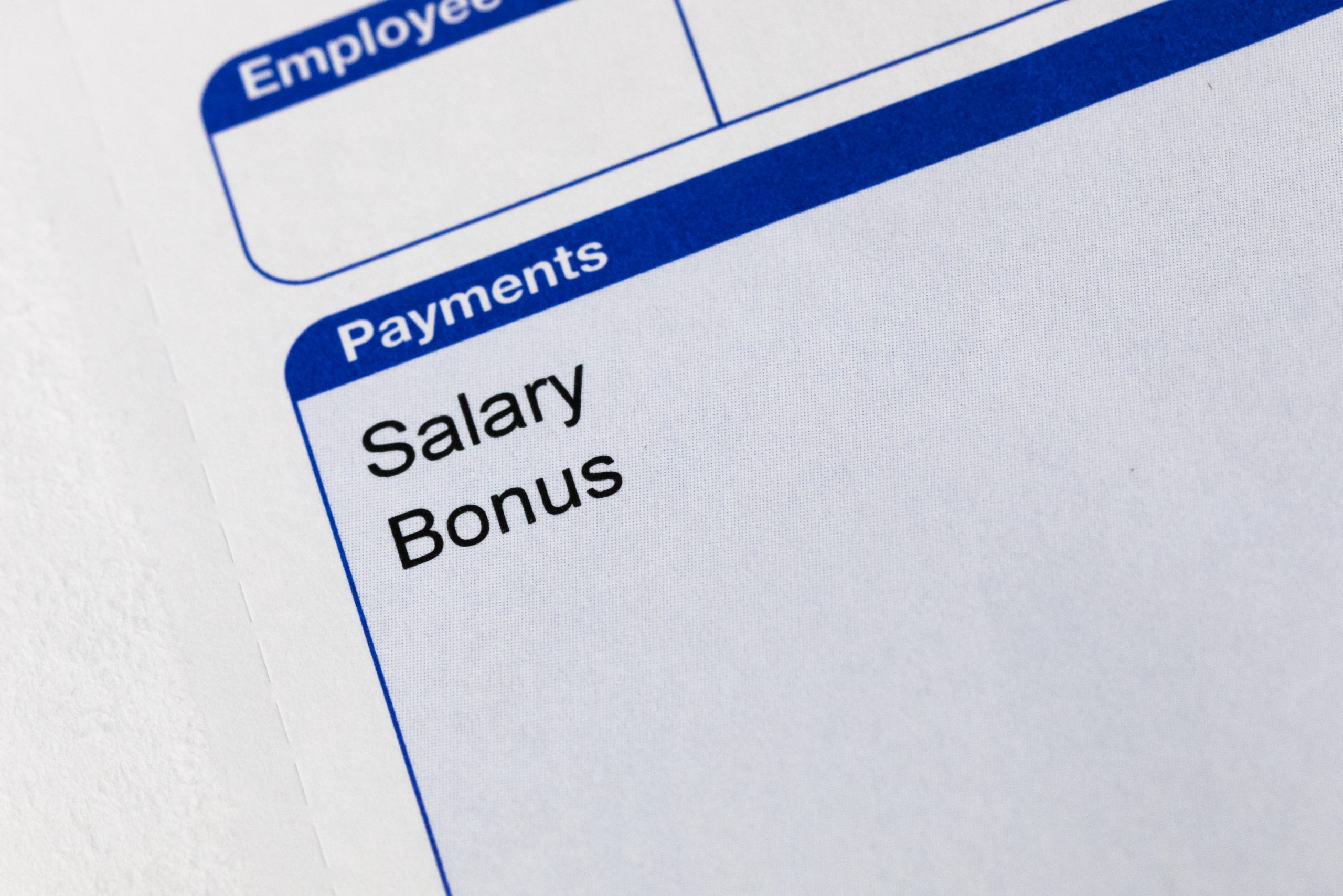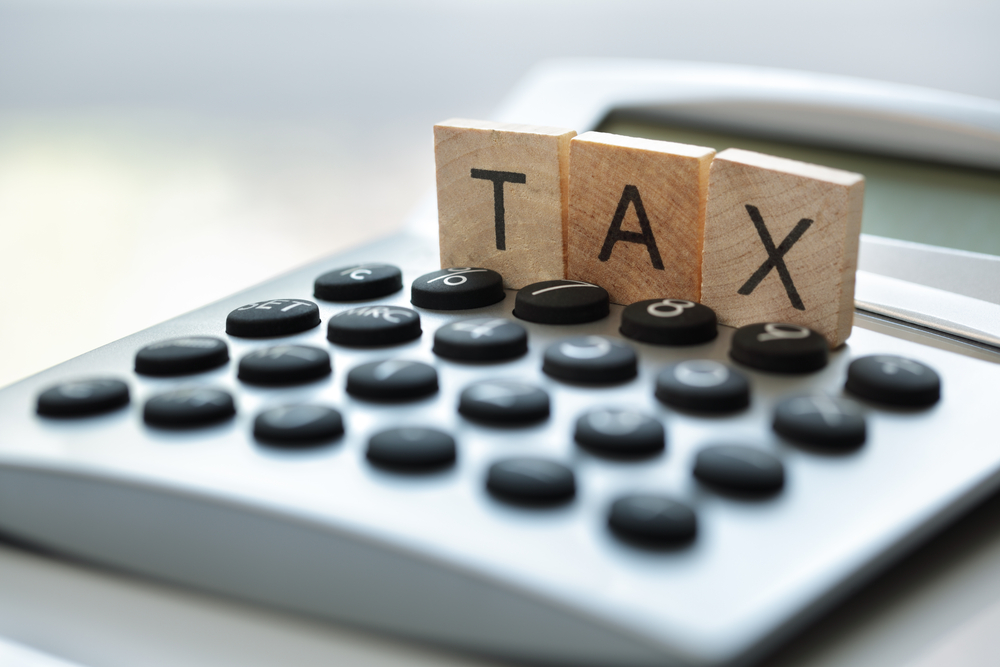Nearly half of UK workers (49%) have amended their retirement plans due to the impact of the cost-of-living crisis, research reveals.
Nearly one in four people will delay their retirement, and a quarter have already reduced their state contributions to afford their everyday essentials and household bills.
A total of 5% of the 2,000 respondents surveyed by the Pensions Management Institute (PMI) decided to stop their contributions completely.
Savers are hoping to secure their financial wellbeing at a time when energy bills and inflation have soared and food prices in supermarkets have shot up. So, households prefer their funds to be in the form of an income stream rather than a whole lump sum.
Around three-fifths (58%) want to take retirement benefits totally or mainly as an income, but only a quarter (25%) would opt to access their savings completely or mainly as cash.
Savers want a steady income in retirement over lump cash sum
Further, 81% valued a retirement income that would be guaranteed for life, with two-thirds preferring an income that kept pace with inflation.
The cost of living a ‘moderate’ retirement has skyrocketed by a third in just a year too. A separate study from the Pensions and Lifetime Savings Association (PLSA) found the standard of living that factors in £55 per week to be spent on groceries, plus a two-week all-inclusive holiday would cost £31,300 in the year – £8,000 more than in 2023.
It showed a couple would need £43,000 per year in total to live comfortably, and the cost of retirement is a concern for PMI’s council member Tim Box, particularly as he says only 30% believe the state pension will equate to more than half of their retirement income.
Due to this, “the role of private pension provision to fill the gap is critically important,” he added.
Box said: “If the state pension age is to be raised to 71, as has recently been speculated about, then private pension savings are likely to be the only source of income between stopping work and the commencement of the state pension for a huge swathe of those born after 1970.
“These additional statistics show that it is vital that the Government ensures that savers are given appropriate support and education to save for retirement in an era when it is likely that state pension benefits will only become available in an individual’s eighth decade.”





